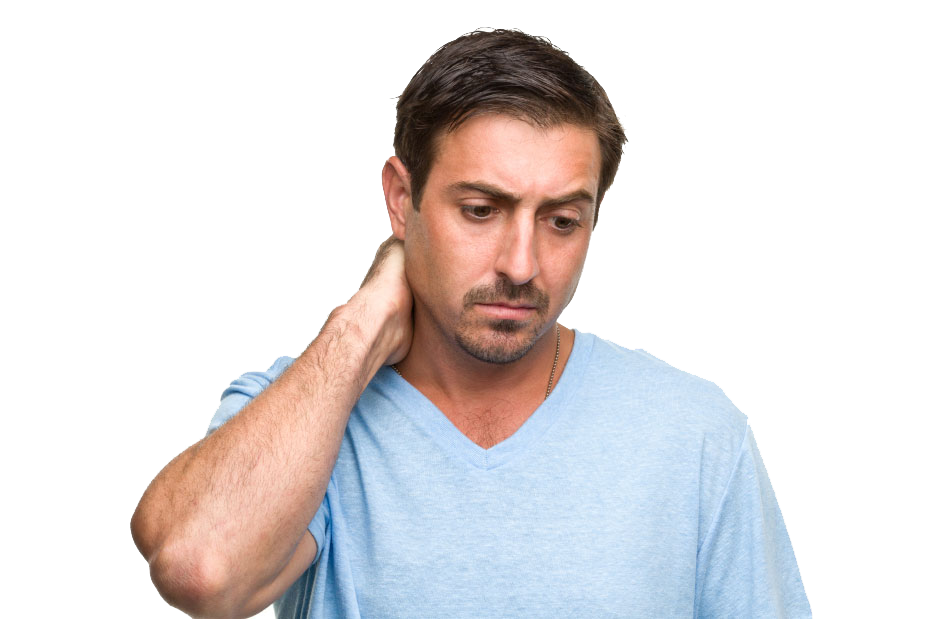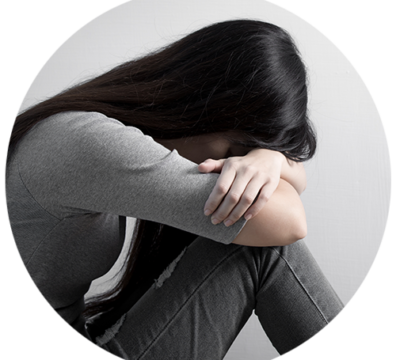Depression Expert in Perumbakkam
Your Trusted Partner in Depression
Depression is a common mental health condition that causes a persistent feeling of sadness and changes in how you think, sleep, eat and act. We are here to provide you with top-notch care and guidance to tackle your problems.

Understanding Depression
Causes of Depression
- Clinical Depression: A diagnosis of major depressive disorder means you’ve felt sad, low or worthless most days for at least two weeks while also having other symptoms such as sleep problems, loss of interest in activities or change in appetite. This is the most severe form of depression and one of the most common forms.
- Persistent depressive disorder(PDD): Persistent depressive disorder is mild or moderate depression that lasts for at least two years. The symptoms are less severe than major depressive disorder. Healthcare providers used to call PDD dysthymia.
- Disruptive mood dysregulation disorder(DMDD): DMDD causes chronic, intense irritability and frequent anger outbursts in children. Symptoms usually begin by the age of 10.
- Premenstrual dysphoric disorder(PMDD):With PMDD, you have premenstrual syndrome (PMS) symptoms along with mood symptoms, such as extreme irritability, anxiety or depression. These symptoms improve within a few days after your period starts, but they can be severe enough to interfere with your life.
- Depressive disorder due to another medical condition: Many medical conditions can create changes in your body that cause depression. Examples include hypothyroidism, heart disease, Parkinson’s disease and cancer. If you’re able to treat the underlying condition, the depression usually improves as well.

Symptoms of Depression:
- Low Energy
- Feeling Very sad or hopeless.
- Thoughts of self-harm or suicide.
- Irritability.
- Changes in eating behavior.
- Sleep changes.
- Loss of interest in hobbies and physical activities.
- Difficulty concentrating or making decision.
How is Depression Diagnosed?
Healthcare providers diagnose depression based on a thorough understanding of your symptoms, medical history and mental health history. They may diagnose you with a specific type of depression, such as seasonal affective disorder or postpartum depression, based on the context of your symptoms.
To receive a diagnosis of depression, you must have five depression symptoms every day, nearly all day, for at least two weeks.
Your provider may order medical tests, such as blood tests, to see if any underlying medical conditions are causing your depressive symptoms.
How is Depression treated?
Depression is one of the most treatable mental health conditions. Approximately 80% to 90% of people with depression who seek treatment eventually respond well to treatment.
Treatment options include:
- Psychotherapy: Psychotherapy (talk therapy) involves talking with a mental health professional. Your therapist helps you identify and change unhealthy emotions, thoughts and behaviors. There are many types of psychotherapy — cognitive behavior therapy is the most common. Sometimes, brief therapy is all you need. Other people continue therapy for several months or years.
- Medication: Prescription medicine called antidepressants can help change the brain chemistry that causes depression. There are several different types of antidepressants, and it may take time to figure out the one that’s best for you. Some antidepressants have side effects, which often improve with time. If they don’t, talk to your healthcare provider. A different medication may work better for you.
- Complementary medicine: This involves treatments you may receive along with traditional Western medicine. People with mild depression or ongoing symptoms can improve their well-being with therapies such as acupunture, massage, hypnosis and biofeedback.
- Brain stimulation therapy: Brain stimulation therapy can help people who have severe depression or depression with psychosis. Types of brain stimulation therapy include electroconvulsive therapy, transcranial magnetic stimulation(TMS) and vagus nerve stimulation(VNS).
Can I prevent Depression?
You can’t always prevent depression, but you can help reduce your risk by:
- Maintaining a healthy sleep routine.
- Managing stress with healthy coping mechanisms.
- Practicing regular self-care activities such as exercise, meditation and yoga.
If you’ve had depression before, you may be more likely to experience it again. If you have depression symptoms, get help as soon as possible.
When should I see my healthcare provider about Depression?
If you have symptoms of depression, see a healthcare provider or mental health professional. They can give you an accurate diagnosis and suggest treatment options.
If you’ve started treatment for depression and it isn’t working or you’re having unpleasant side effects, talk to your provider. They can recommend a different treatment plan.
Depression is a common condition that affects millions of people every year. Anyone can experience depression — even if there doesn’t seem to be a reason for it. The good news is that depression is treatable. If you have symptoms of depression, talk to your healthcare provider. The sooner you get help, the sooner you can feel better.
Frequently Asked Question on Depression
Depression is a mental health disorder characterized by persistent feelings of sadness, hopelessness, and a lack of interest or pleasure in daily activities. It affects thoughts, feelings, and behavior and can interfere with daily functioning.
Yes, depression is treatable. Treatment options include psychotherapy (counseling), medication (antidepressants), and in some cases, a combination of both. Lifestyle changes, support groups, and self-help strategies can also be beneficial.
The response to treatment varies for each individual. Some may experience improvement within a few weeks, while others may take longer. It’s essential to continue treatment as prescribed and communicate with the healthcare provider about progress.
No, feeling sad is a normal and temporary emotion. Depression involves persistent, intense feelings of sadness and hopelessness that interfere with daily life and functioning.
Yes, depression can affect individuals of all ages, including children and teenagers. It may manifest differently in younger individuals, such as irritability, changes in school performance, or withdrawal from social activities.
While it may not always be preventable, certain lifestyle factors such as regular exercise, a healthy diet, stress management, and a supportive social network can contribute to overall mental well-being and potentially reduce the risk of depression.
Yes, depression can impact physical health. It may contribute to changes in appetite, sleep disturbances, fatigue, and can exacerbate certain medical conditions.
